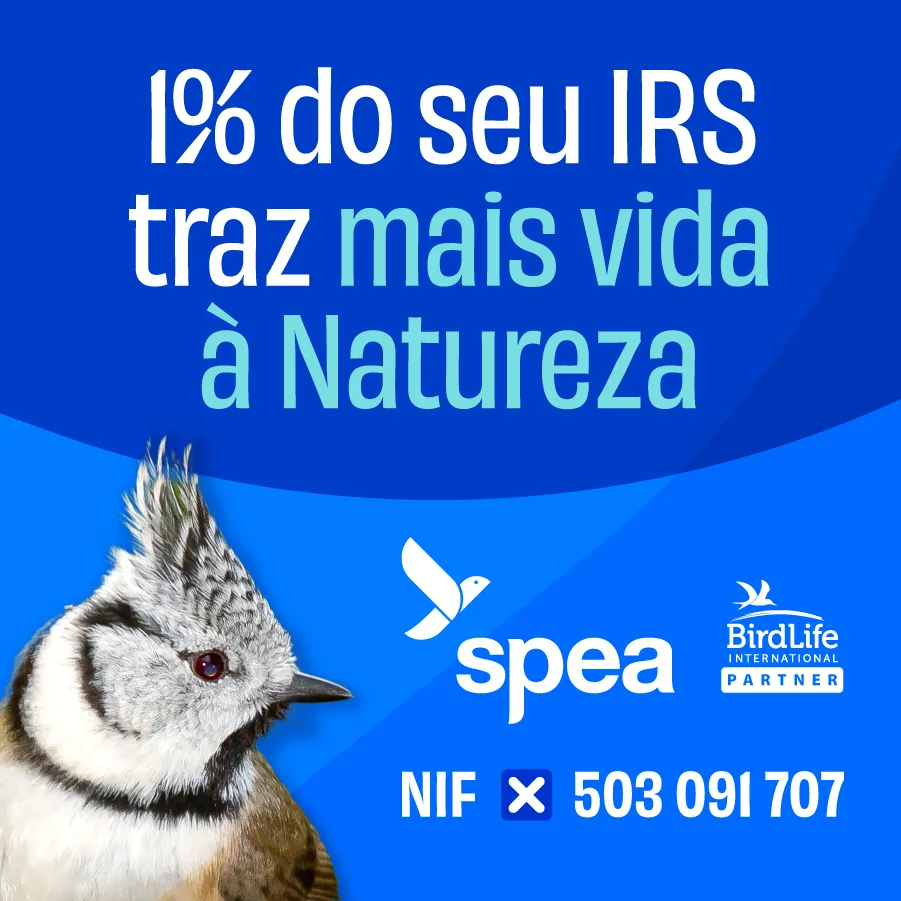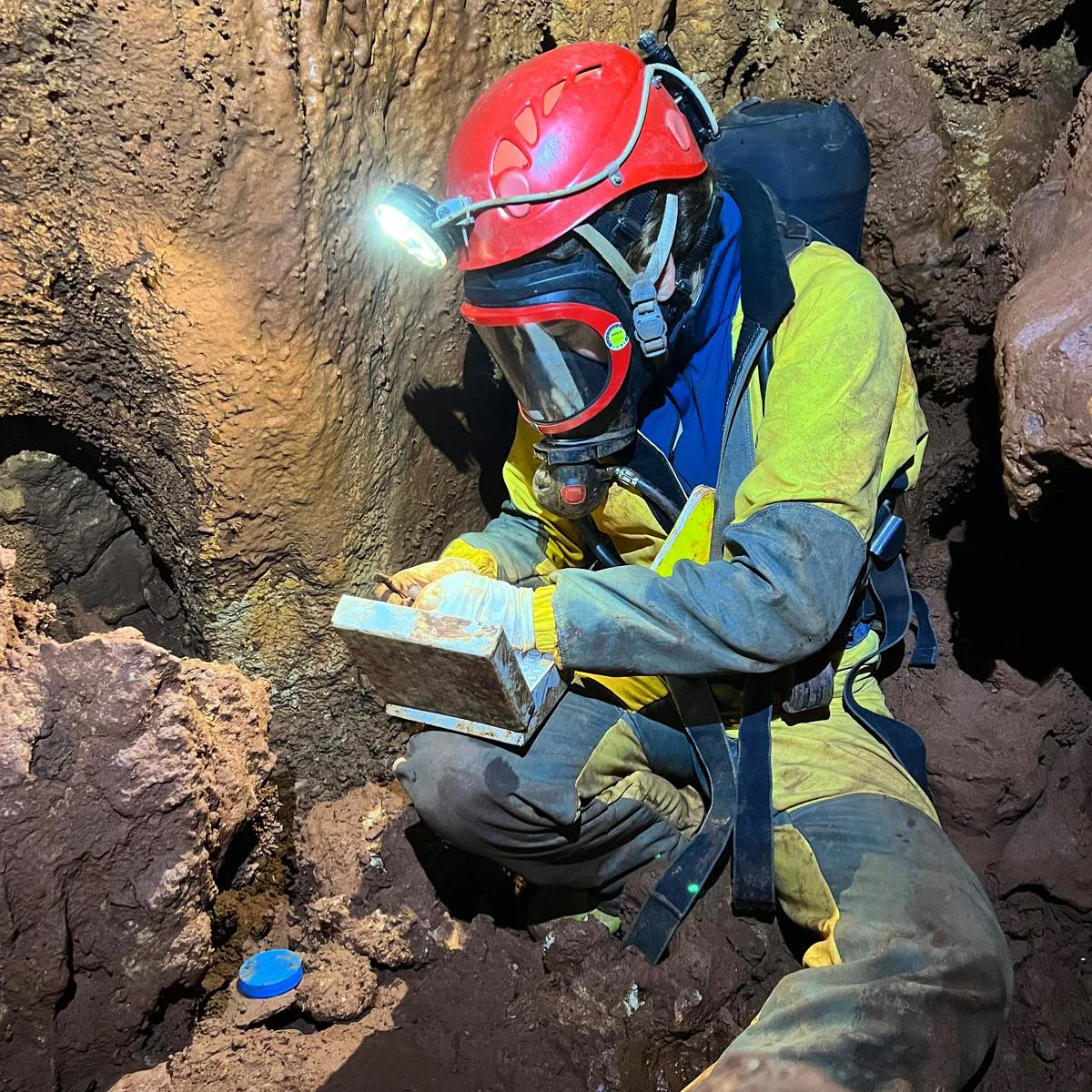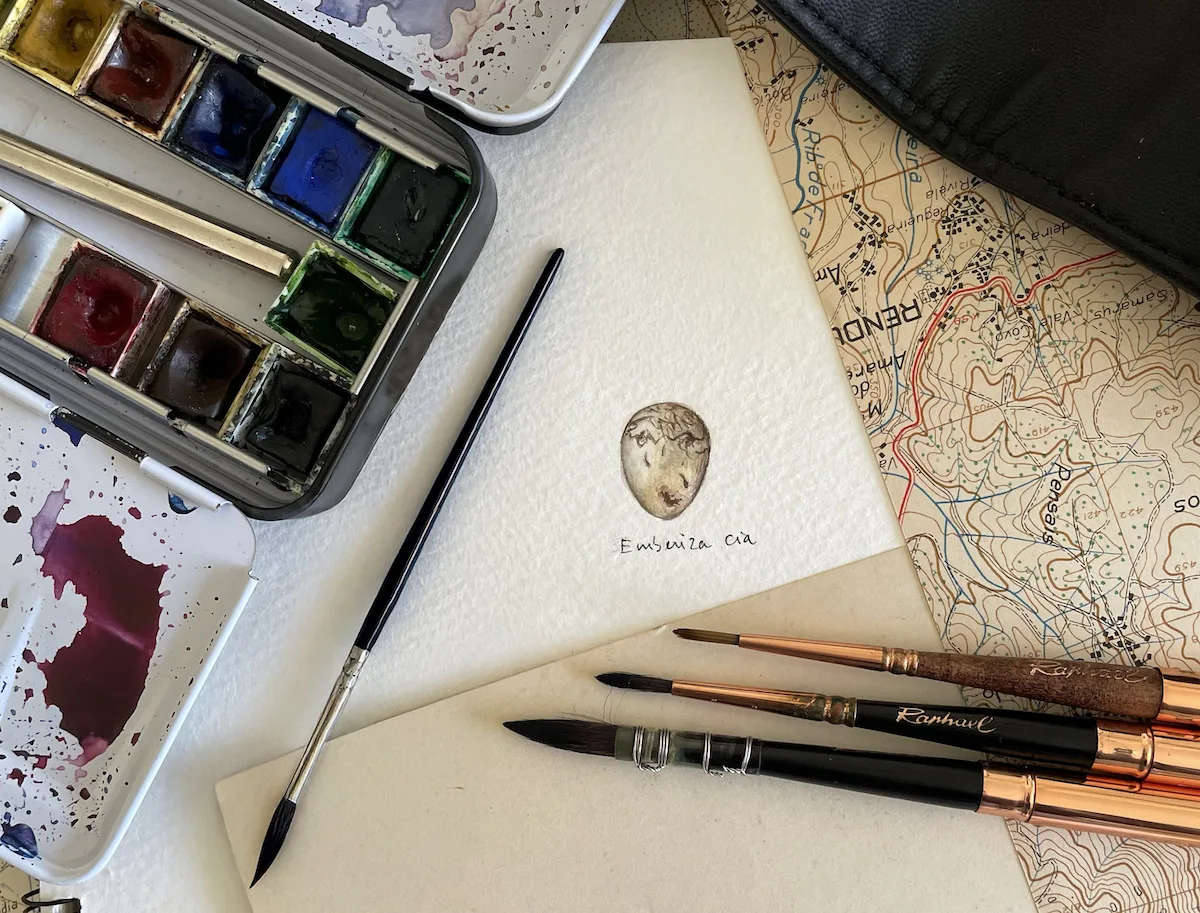Kayakweru, a female of two years old, died from poisoning in the south of Portugal, just after two weeks of having been released in to the wild, the results of the necropsy and forensic analysis show.
This female of Iberian lynx (Lynx pardinus) was born in the National Centre of Reproduction of Iberian lynx in Silves in 2013. On 25th February this year it was released in the Guadiana Valley, in Mértola, with the male Kempo (which came from Doñana, Spain).
The animal was being monitored by radio tracking to enable the team to study their behaviours. On 12th March, the field team of the Institute for Nature Conservation and Forests (ICNF) met the female lynx dead in a forest area, said an official report.
The case is now in the hands of the legal authorities in Beja, which will decide what action to take in this case of poisoning, according to the conclusions of the necropsy and forensic analysis made by the Faculty of Veterinary Medicine, University of Lisbon.
After Kayakweru’s death “a cynotecnic brigade will work periodically in Guadiana Valley for the detection and control of poisons”, advances the official report.
Furthermore, ICNF and SEPNA (the environmental police force in Portugal) “are going to make every necessary effort to minimize risks of death”, such as snares or other traps.
At present there are five Iberian lynx in Mértola and Guadiana Valley, released under the National Program for the conservation of the species, since December last year. These animals continue to be monitored permanently.





